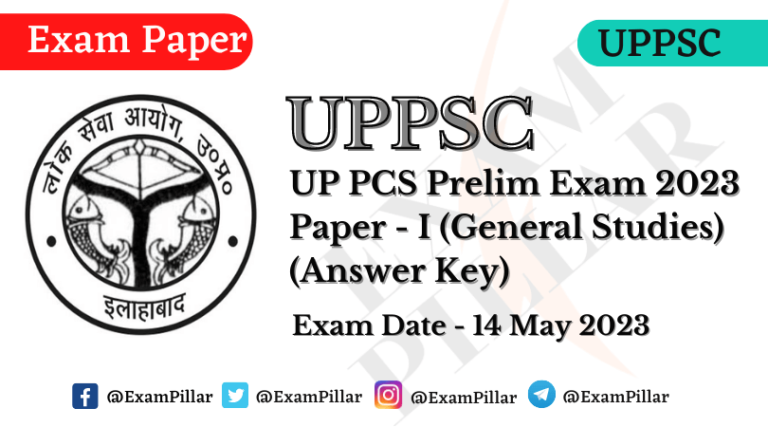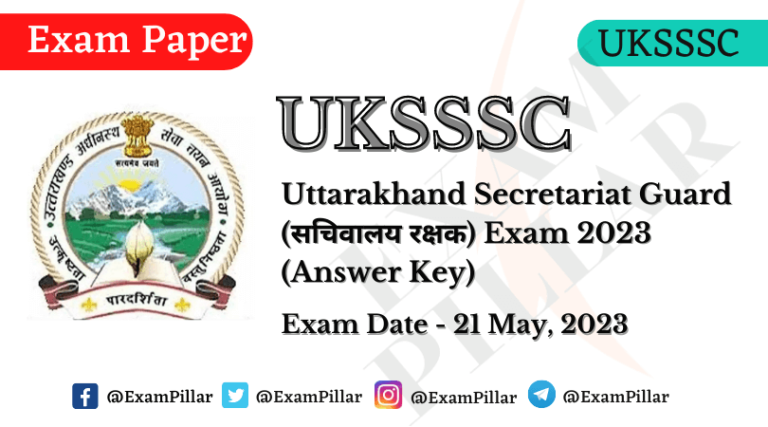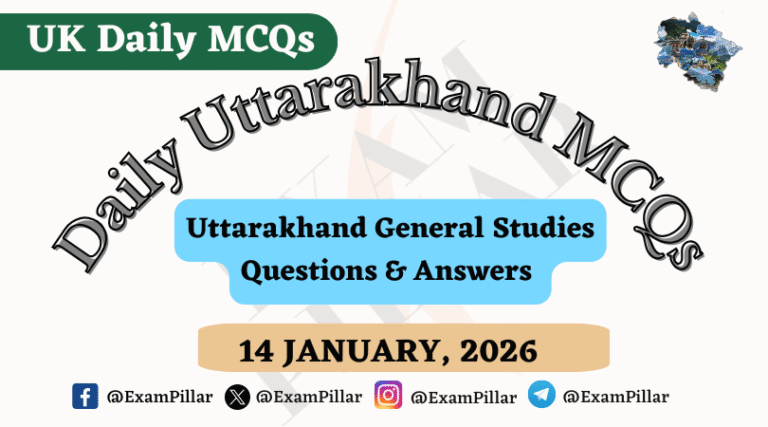16. According to Lev-Vygotsky children benefit from the experience of interacting with ________ while working _______ their zone of proximal development.
(1) the physical environment; just outside
(2) more knowledgeable others; within
(3) more knowledgeable others; just outside
(4) the physical environment; within
Click To Show Answer/Hide
17. Dyslexia is a ________ condition which impacts learner’s ability to ________ .
(1) sensory, coordinate body movements
(2) emotional, draw pictures
(3) neurological, link sounds with symbols
(4) physiological, socialize with peers
Click To Show Answer/Hide
18. Which of the following characterise the process of socialization?
(a) It is a linear process.
(b) It is a complex process.
(c) It is a multidimensional process.
(d) It takes place uniquely in different cultures.
(1) (a), (b), (c), (d)
(2) (a), (b)
(3) (b), (c)
(4) (b), (c), (d)
Click To Show Answer/Hide
19. Assertion (A) : In an inclusive classroom, adaptations should be made in learning goals, pedagogical strategies as well as assessment.
Reason (R) : The philosophy of inclusion advocates elimination of all individual differences through pedagogical approaches and assessment.
Choose the correct option:
(1) Both (A) and (R) are false.
(2) Both (A) and (R) are true and (R) is the correct explanation of (A).
(3) Both (A) and (R) are true but (R) is not the correct explanation of (A).
(4) (A) is true but (R) is false.
Click To Show Answer/Hide
20. Which of the following does not exemplify an inclusive classroom ?
(1) Encouraging competitive ethos
(2) Incorporation of diverse perspectives
(3) Following reasonable accommodation
(4) Offering differentiated instruction
Click To Show Answer/Hide
21. Assertion (A) : The less able a child is to do a task the more directions the teachers should give and as the child can do more and more the teacher should help less and less.
Reason (R) : Intelligence cannot be accurately measured by calculating IQ.
Choose the correct option.
(1) Both (A) and (R) are false.
(2) Both (A) and (R) are true and (R) is the correct explanation of (A).
(3) Both (A) and (R) are true but (R) is not the correct explanation of (A).
(4) (A) is true but (R) is false.
Click To Show Answer/Hide
22. A teacher notices that one of her students is highly distractible and has trouble paying attention during class. Which of the following strategies would is an effective strategy in helping the student stay focused ?
(1) Calling the parents and taking strict disciplinary action against the student.
(2) Giving the student repeated tasks to do during class.
(3) Strictly telling the student to increase their attention span.
(4) Giving a timer to student for self-regulation and time-management.
Click To Show Answer/Hide
23. Assertion (A) : Learning from real-life problems and concrete experiences gives the children multiple pathways for learning and retrieving information.
Reason (R) : Development is relatively orderly and sequential.
Choose the correct option:
(1) Both (A) and (R) are false.
(2) Both (A) and (R) are true and (R) is the correct explanation of (A).
(3) Both (A) and (R) are true but (R) is not the correct explanation of (A).
(4) (A) is true but (R) is false.
Click To Show Answer/Hide
24. Work in progress Portfolios are an effective tool for formative assessment because :
(a) They involve students in the process of assessment.
(b) They offer insights about the progress of individual students.
(c) They focus mainly in the presentation of the final product.
(d) They offer tangible evidence of student learning.
(1 ) (a), (b), (d)
(2) (b), (c)
(3) (a), (d)
(4) (a), (b), (c)
Click To Show Answer/Hide
25. Which of the following is a core principle of constructivist learning theory ?
(1) Learning is primarily a passive process that involves receiving and memorizing information.
(2) Teachers should provide direct instruction and explicit guidance to students.
(3) Learning occurs when students receive correct answers and feedback from teachers.
(4) Students construct their own knowledge through active engagement with their environment.
Click To Show Answer/Hide
26. The central argument of Carol Gilligan’s critique of Kohlberg’s theory of moral development is around :
(1) Educational implications of the study for school going children.
(2) Ethics of care and the feminist perspective.
(3) Overestimation of children’s moral abilities.
(4) Use of experimental design in studying children.
Click To Show Answer/Hide
27. Sujata participates eagerly in the dance competition only because she is interested in winning the first prize of cash. Sujata is:
(1) Failure-avoiding learner
(2) Intrinsically motivated
(3) Extrinsically motivated
(4) Mastery-Oriented learner
Click To Show Answer/Hide
28. Which of the following process is essential in meaning-making of the information received from environment and store it further in memory?
(1) Retrieval
(2) Attention
(3) Decay
(4) Forgetting
Click To Show Answer/Hide
29. In which stage of Kohlberg’s moral development do children’s reasoning revolve around ethics of law ?
(1) Autonomous morality
(2) Pre-conventional morality
(3) Conventional morality
(4) Heteronomous morality
Click To Show Answer/Hide
30. An elementary school teacher can strongly influence students’ development of academic self-concept by:
(1) Keeping very low expectations from special students
(2) Keeping very low expectations from all students
(3) Punishing autonomy and initiative in students
(4) Rewarding autonomy and initiative in students
Click To Show Answer/Hide
| Read Also : |
|---|





Leave a Reply